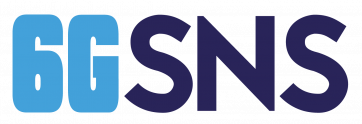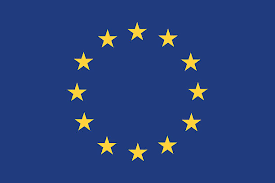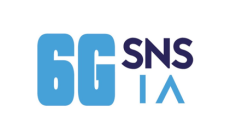
SNS JU April 2024 Newsletter
SNS JU SESSION AT MWC 2024: 6G HORIZON
On 27 February 2024, the Smart and Services Joint Undertaking (SNS JU) hosted a session titled “6G Horizon: Bridging Perspectives for a Sustainable Future” at Mobile World Congress 2024 in Barcelona, Spain. This session aimed to explore the potential of 6G technology, next-generation communications from every conceivable angle. The main topics covered were the multifaceted case for 6G, the distinct European perspective on 6G and the impact of 6G on areas as critical as sustainability and cybersecurity.
This session identified some key elements:
Lessons learned from 5G, and previous generations will be useful as it’s time to start discussions about 6G and begin contributing to European research activities.
The ecosystem around 6G in Europe is rich and enables Europe to take a collaborative approach. The various partnerships, notably with the European Commission and the 6G Smart Networks and Services Industry Association (6G-IA), but also with numerous other players, are a strength for Europe.
For 6G, it is essential to put in place good, sustainable fundamentals and a systemic, end-to-end approach.
You can read here, the conclusions of Erzsébet Fitori, SNS JU Executive Director, on this session.
25 SNS JU research projects were exhibited at MWC24, exploring many of the challenges of 6G.
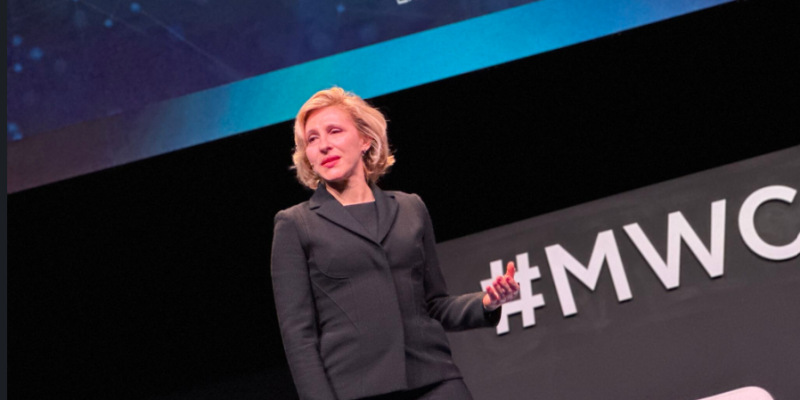
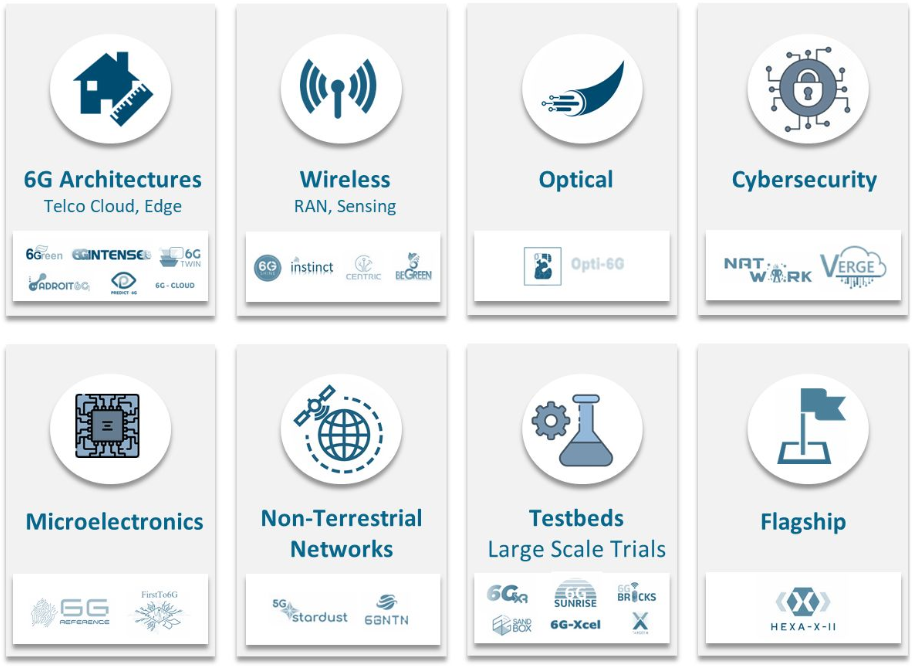
SNS Call for Proposals 2024 Statistics
The SNS JU Call Horizon 2024 has closed on 18 April 2024, 109 proposals have been submitted.
The third call for proposals includes three complementary components, stream B, C and D.
- Stream B (with 96 proposals): Research for revolutionary and evolutionary technology advancements, in preparation for 6G, and including IoT, devices and software, targeting higher Technology Readiness Levels (TRL), with the objective of delivering innovative solutions towards real-life networks in a long-term period of time, notably through Proof of Concepts (PoCs).
- Stream C (with 2 proposals): SNS system enablers and PoCs with a target to further develop, federate and consolidate experimental infrastructure(s), in support of the various phases of the SNS and with a main focus on the integration of microelectronics and photonics, developed by related partnerships, in 6G experimental infrastructures.
- Stream D (with 10 proposals): Large-scale SNS trials and pilots with verticals, including the required infrastructure to explore and demonstrate technologies and advanced applications and services for various vertical domains and with a key focus on achieving tangible results on sustainability.
These three Streams will be complemented by an SNS Coordination and Support Action (CSA: with 1 proposal) supporting the operations of the SNS Programme.
Horizon Europe Work Programme 2023-2024 Amendment
On 17 April 2024, the Commission has adopted an amendment to the 2023-24 Work Programme of Horizon Europe, the EU’s research and innovation programme.
The amendment mobilises previously unallocated Horizon Europe funding to increase the 2024 budget by nearly €1.4 billion to a total of €7.3 billion. This amendment includes an investment of nearly €650 million in the EU Missions aiming to contribute to solving some of the challenges facing Europe, for example, making more than 100 cities climate neutral, a New European Bauhaus facility, as well as experimental actions opening EU research and innovation opportunities to more newcomers, among other novelties.
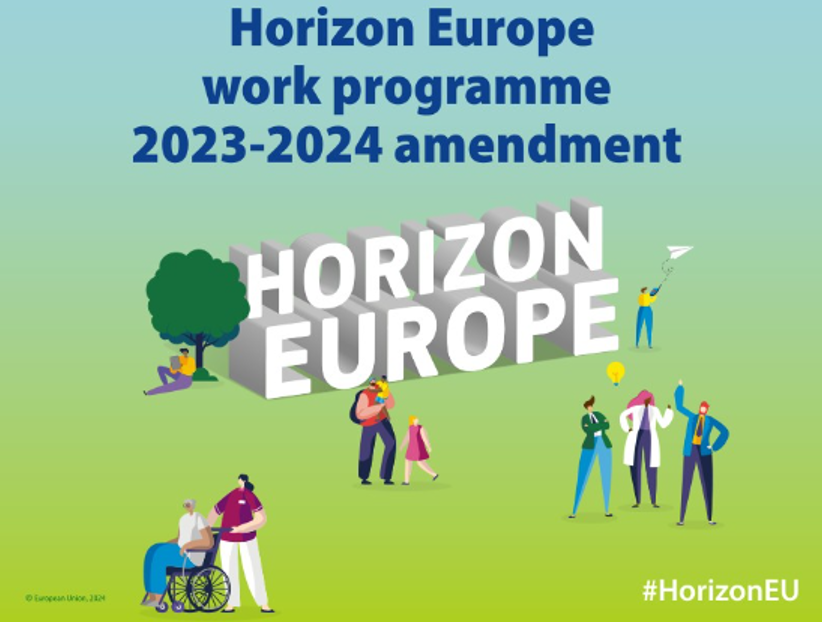
EU-South Korea digital partnership following other international agreements to strengthen connectivity
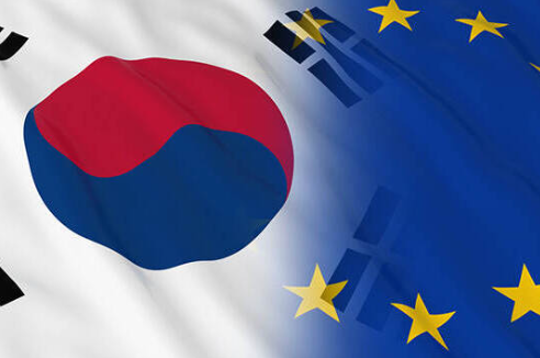
On 26 March 2024, the EU and the Republic of Korea held the second Digital partnership Council in Brussels.
During the ministerial meeting, the EU and Korea reaffirmed their commitment to cooperate in key digital technologies for the benefit of citizens and economies. They took stock of the progress achieved since the first digital partnership council and agreed on a list of key areas to further cooperate. The EU and Korea agreed to continue the cooperation on semiconductors, 5G and beyond, quantum technology, platforms, artificial intelligence (AI), as well as cybersecurity, and defined other areas of cooperation such as network connectivity.
In the area of 5G and 6G, the EU and the Republic of Korea have launched a call for proposals on research topics in the fields of Radio Access Networks (RAN) and 6G technology. The projects are expected to start at the end of 2024.
This agreement follows on from other EU international agreements, previously with Canada for a digital partnership, with the United Kingdom for participation in the Horizon Europe and Copernicus programs, with New Zealand for participation in European programs, and with Japan and Singapore on technologies such as 5G/6G, artificial intelligence and semiconductors.
Joint Statement Endorsing Principles for 6G: Secure, Open, and Resilient by Design
On February 26, 2024, Finland, the United States, Australia, Canada, the Czech Republic, France, Japan, the Republic of Korea, Sweden, and the United Kingdom united to release a Joint Statement laying down the guiding principles for the development of the next generation of wireless communication systems, 6G. This joint proclamation, “Joint Statement Endorsing Principles for 6G: Secure, Open, and Resilient by Design,” signifies a collective dedication to advancing 6G technologies. It highlights a mutual aspiration for a future of global connectivity characterized by openness, freedom, interoperability, reliability, resilience, and security.
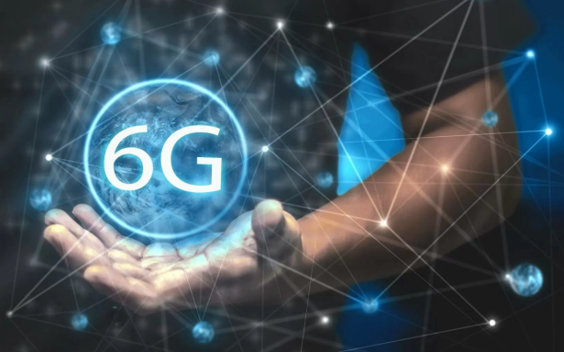
5G Infrastructure PPP T&Ps Summary Brochure now completed and released
In April 2024, 5G PPP published the 5G Infrastructure PPP Trials and Pilots Summary Brochure 2024.
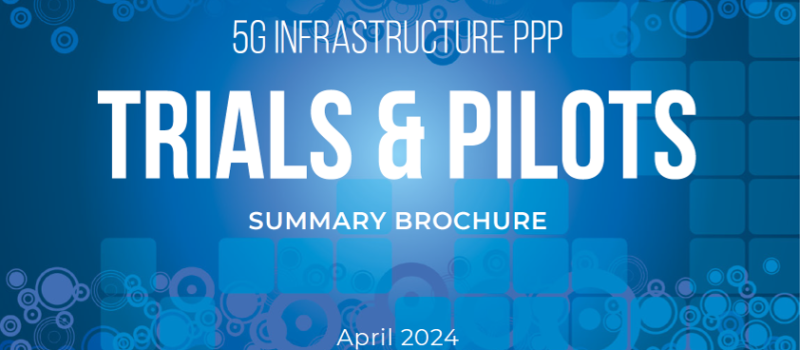
This brochure presents a synthesis of the vast amount of work carried out by the portfolio of Phase 2 and Phase 3 5G Infrastructure PPP projects. Section 1 presents a high-level view of the achievements of the project portfolio, this including key figures such as the number of use cases addressed per call or year, or their geographical distribution for the whole duration of the programme. This analysis follows from the data gathered in Section 2. The latter includes a number of tables with the names of the T&Ps and use cases, vertical sectors addressed, locations and dates. This information is fully synchronized with that in the PPP Verticals Cartography. It is worth noting that this summary brochure focuses only on large-scale trials and pilots.
The 5G Infrastructure Public Private Partnership (PPP) Programme comprised of 93 projects that were organized in three distinctive phases, namely, specification, development, and realization of trials and pilots (T&P). The 5G PPP projects generated outstanding results and achieved a large impact, collectively 5G Infrastructure PPP projects created a portfolio of advanced European telecommunication solutions. They also ensured great momentum and dynamism for the actual testing of these solutions, as well as the further development of 5G systems on the way to 6G networks based on the PPP experience and lessons learned for further development, including other projects funded by the 6G Smart Networks and Services (SNS) Joint Undertaking (JU).
Five 6G-IA Workshops
In April 2024, the 6G Smart Networks and Services Industry Association (6G-IA) co-organized 5 different targeted Workshop, to bring together experts and stakeholders and discuss their views and the next steps regarding five key areas:
- Photonics
- Satellite (NTN)
- Security
- Wireless
- Cloud
Dedicated reports will be produced with the findings and insights generated, and they will become available to the Smart Networks and Services Joint Undertaking (SNS JU) community via official deliverables of the SNS OPS CSA project.
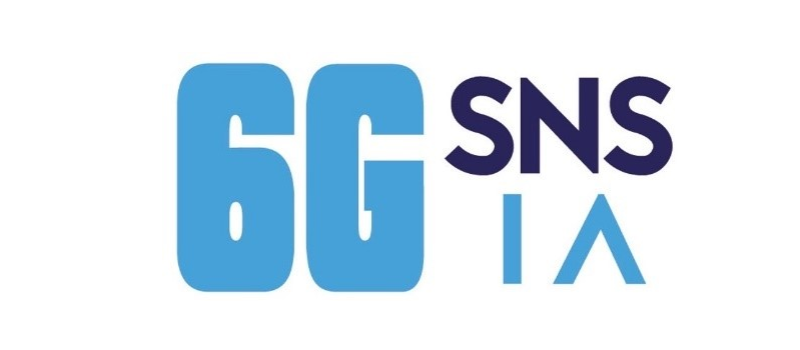
European Space Agency and GSMA Foundry Forge Partnership
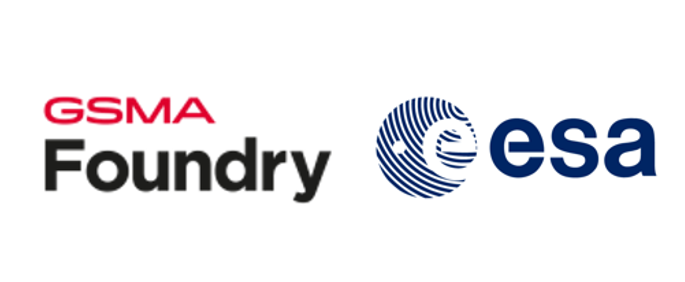
On 26 February 2024, the European Space Agency (ESA) and GSMA Foundry announced a series of new initiatives – including up to €15 million in funding opportunities – to help the mobile and satellite industries collaborate on developing new, innovative satellite and terrestrial networks technologies.
Launched at MWC Barcelona 2024, the partnership will focus on five key areas of innovation to help telecommunications companies develop new services for society bringing together terrestrial and satellite communications. The initiatives are also designed to help open up new revenue streams previously not possible. New research by GSMA Intelligence estimates that new innovations in satellite can bring an additional $30–35 billion in income to the industry by 2035, equivalent to a boost of 2.0–2.5% to the current mobile revenue base.
European Commission White Paper – How to master Europe’s digital infrastructure needs?
On 21 February 2024, the European Commission launched the White Paper titled “How to master Europe’s digital infrastructure needs?”.
With this White Paper the Commission launches a broad consultation of Member States, civil society, industry, and academics, to collect their views on the scenarios outlined in this White Paper and provide them with an opportunity to contribute to the Commission’s future proposals in this domain.
The White Paper serves as a basis for consultation among various stakeholders, including Member States, civil society, industry, and academics. It outlines scenarios and seeks input to inform future proposals by the Commission in the domain of digital infrastructure.
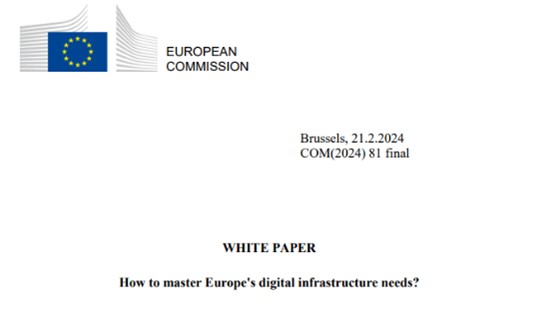
EU-Brazil Cooperation on Digital Technologies
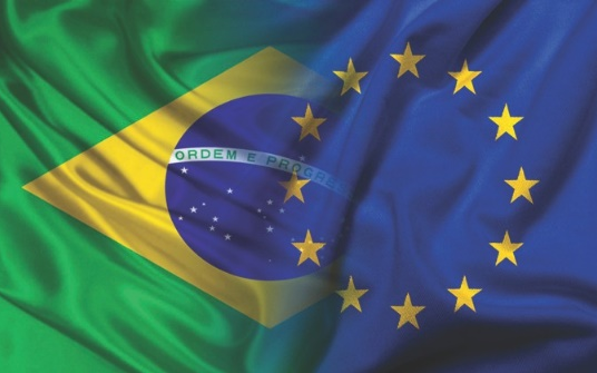
On 20 March 2024, the European Union and the Government of Brazil held their 12th Digital Dialogue in Brasilia, Brazil.
The EU-Brazil Digital Dialogue aims to harness the potential of digital technologies to foster an inclusive digital transformation, sustainable growth and promote innovation. In a context of a rapidly evolving digital world, the partners also aim to address the challenges linked to this fast evolution. The partners share the same values of democracy, human rights, and sustainable development.
At the occasion of the Digital dialogue, the EU and Brazil agreed to cooperate on connectivity projects, particularly in under-served regions of Brazil, continue their common work on 5G and 6G technologies and support enhanced cooperation between High Performance Computing centres in Brazil and the EU. Moreover, both partners also aim to foster exchange of information on semiconductors supply chains, work on the technical interoperability of digital signature systems, continue the dialogue on data protection and international data flows and exchange best practices and promote cooperation on the regulatory frameworks for data, artificial intelligence, and platforms. They will continue to cooperate in international fora based on their shared values.
6G-IA @ WWRF Huddle
The 6G-IA was represented by Bernard Barani at the WWRF Huddle held from 17-18 April 2024, in Berlin, on the theme of “Implementing the 6G Framework”.
The event was an opportunity to take stock of the technological progress made in the field of 6G, but also to highlight the important work that remains to be done in terms of sustainability.
While sustainability is seen as an important issue from many points of view, such as access, security and energy efficiency, there is still much to be done on how it can be modeled, measured and even standardized.
The 6G Smart Networks and Services Industry Association’s plans in these two areas were presented and further developed during lively discussions.
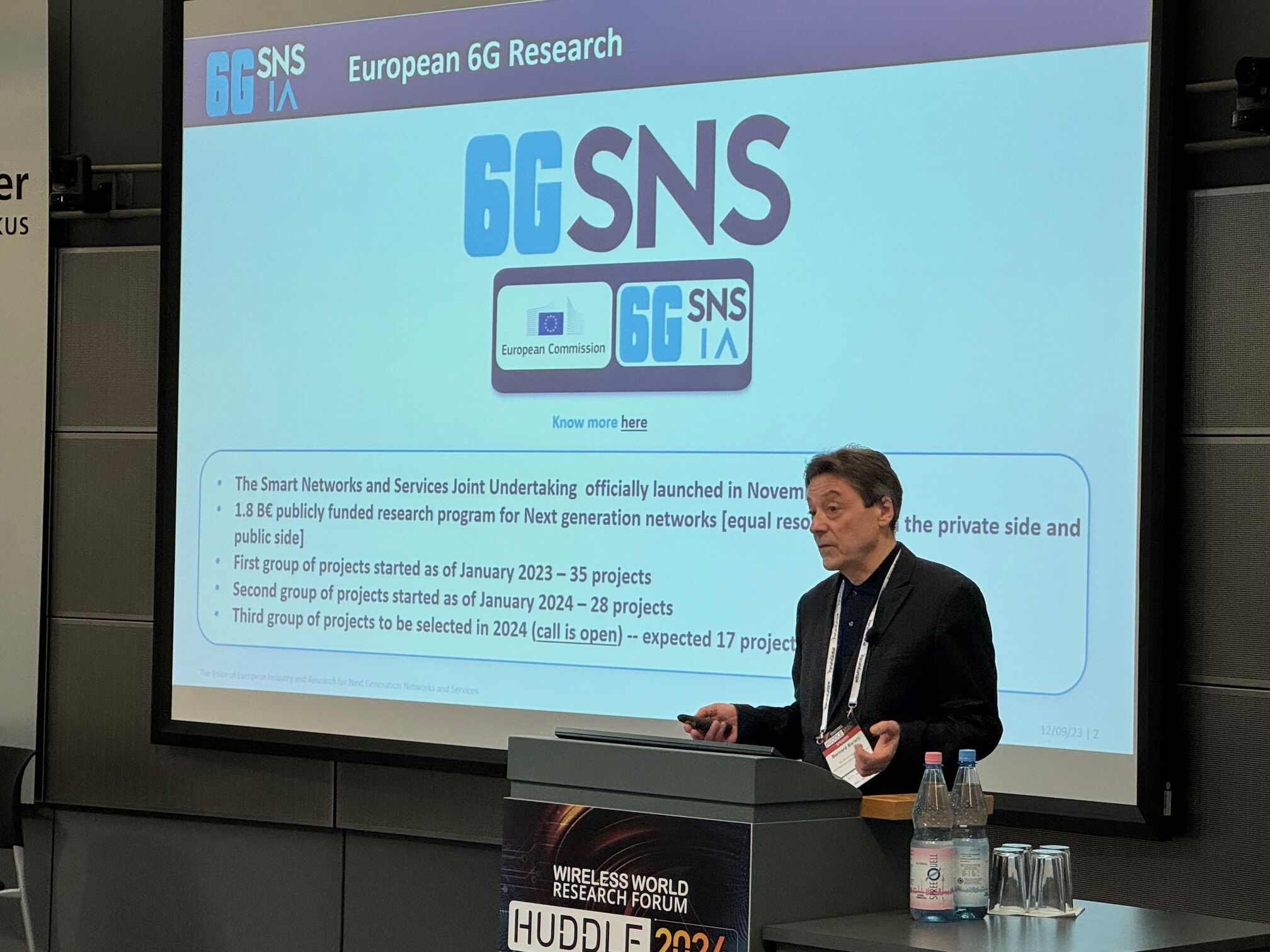
Feedback opportunity for Horizon Europe work programme 2025 now open
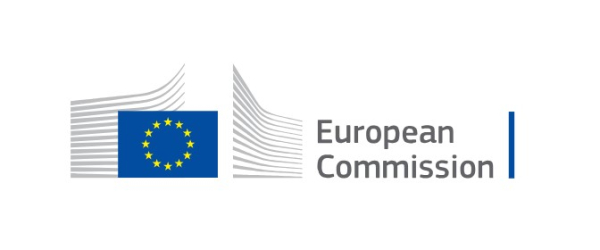
The European Commission launched the feedback opportunity for Horizon Europe work programme 2025 on 15 April 2024.
Responses submitted through the survey will contribute to the co-design of the ‘main’ work programme 2025. The feedback opportunity is open for three weeks and will close on 6 May 2024 midday, CET.
The feedback is being collected at the level of the ‘Destinations’ or Missions, corresponding to the six Horizon Europe clusters, research infrastructures, European innovation ecosystems, the five EU Missions and cross-cutting activities and the New European Bauhaus facility. Respondents will be able to provide feedback for one or multiple Destinations and/or Missions, according to what is most relevant to them.
European Green Digital Coalition Pilot Project Delivers Methodologies to Measure the Enabling Impact of Digital Solution on the Climate
On 25 April 2024, the European Green Digital Coalition (EGDC) releases science-based methodologies and guidelines to assess the reduction and avoidance of greenhouse gas (GHG) emissions by ICT solutions across sectors. This collaborative effort, validated by an Independent Advisory Board and involving key industrial actors, represents a milestone in driving sustainability and digital innovation across sectors, advancing Europe’s twin transition towards climate neutrality and digital leadership.
Three years after its launch in March 2021 by Commissioner Breton and the CEOs of leading ICT companies, the EGDC has successfully fulfilled its commitments to develop science-based methods to estimate the net environmental impact of real-life digital solutions across sectors, by looking at both the positive contribution and the direct footprint of a given digital solution.1 These methodologies are meant for adoption by a wide range of industrial and societal actors who intend to use or evaluate ICT as a tool to improve a given environmental footprint.
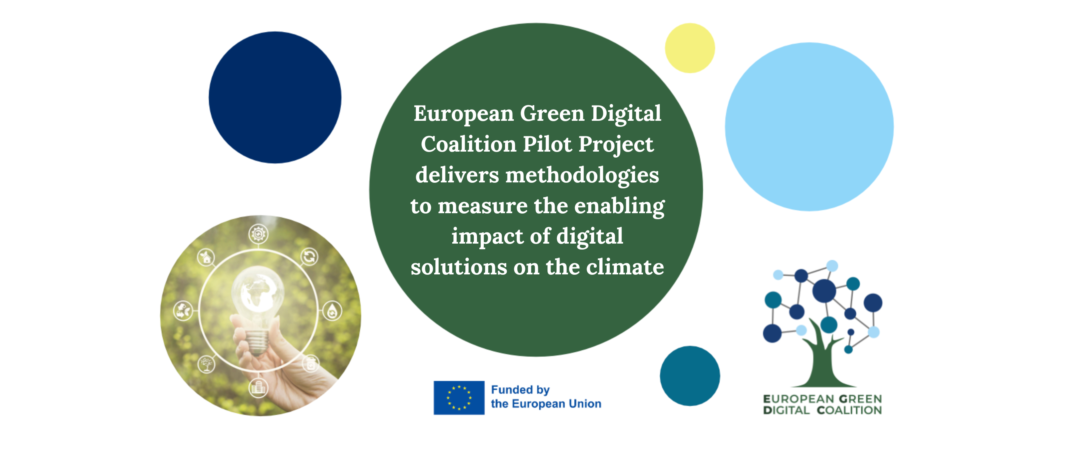
PEPR Future Networks Event
PEPR Future Networks Event was organized on 20 March 2024 in Grenoble, France. The event was organized by CEA (French Atomic Energy and Alternative Energies Commission), CNRS (National Center for Scientific Research) and ITM (Institut Mines-Télécom), co-pilots of the PEPR Electronics and Networks of the Future programs. These programs are funded as part of France 2030.

The Electronics PEPR, co-piloted by CNRS and CEA, is based on the France 2030 national electronics strategy.
The Networks of the Future PEPR, co-piloted by CEA, CNRS and ITM, is backed by the 5G strategy of France 2030.
The aim of the internal days is to bring together the scientific community of each PEPR, to discover the new projects of the 2023 Call for Projects for the Electronics PEPR, to present in plenary the progress of the projects one year after their launch, and to work in small groups by consortium.
Status of SNS Open Calls
A number of projects in the first phase of SNS JU are planning to launch open calls to increase or validate the capabilities, functionalities and performance of their experimental platforms, or to add use cases to their portfolio of demonstrated services. The 2nd Open calls for 6G-XR and ImagineB5G are currently open.
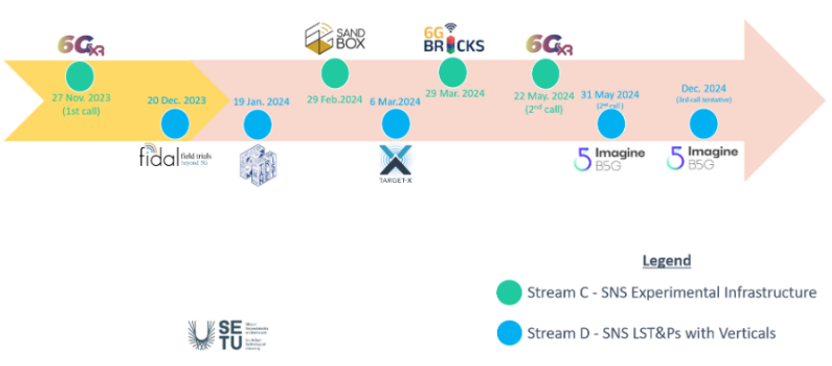

- 3GPP Stage 1 Workshop on IMT2030 Use-cases, 8-10 May 2024
- 6G Global Summit, 21-22 May 2024
- IEEE INFOCOM 2024, 20-23 May 2024
- EuCNC & 6G Summit 2024 – 3-6 June 2024
- IEEE International Conference on Communication ICC 2024, 9-13 June 2024
- VTC Spring 2024, 24-27 June 2024
- Berlin 6G Conference 2024, 1-4 July 2024
- PIMRC 2024, 2-5 September 2024
- 1st International Workshop on Value-driven Ethical Networking in 6G (ETHICNET), co-located with IEEE PIMRC 2024, 2-5 September 2024
- IEEE Global Communications Conference 2024, 8-12 December 2024
